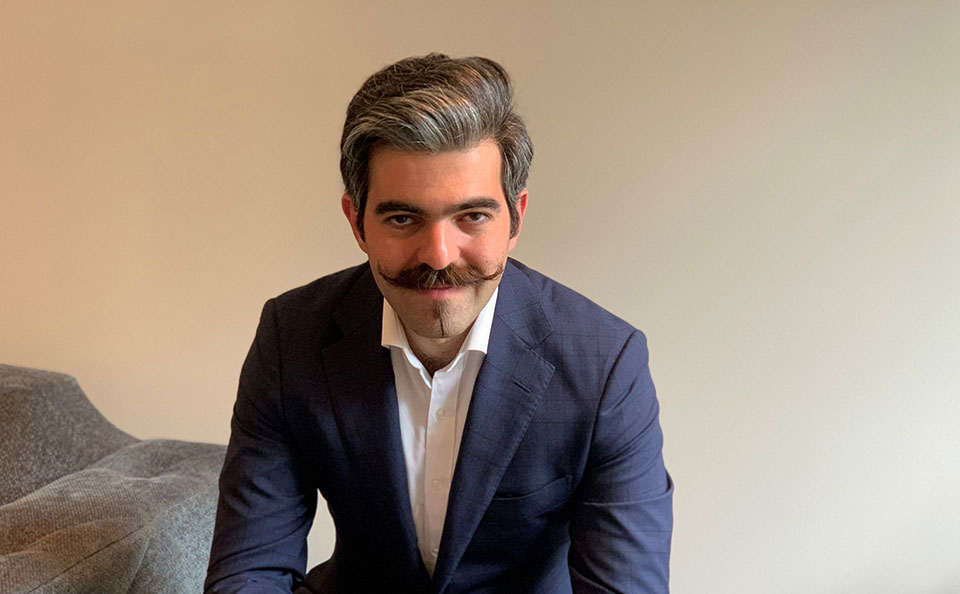4 ways to make wiser decisions during uncertain times

The 2020 Gartner CIO Agenda started with this statement: “The goal of all organizations should be to lean into uncertainty and come out stronger and more successful on the other side. Only 25% of organizations have successfully navigated these turns to come out ahead.”
We are currently going through one of the most uncertain times in recent history. To successfully navigate these uncertain times, it is essential for business leaders to make wise decisions. The margins of error are narrowing, and the wisdom of those decisions will determine the future of our organisations.
There are certain capabilities that help busines leaders make wiser decisions. Below are four tips that will help you make wiser decisions when facing uncertainty.
Apply systems thinking
I am sure you have heard many stories of decisions that felt sensible at the time of making resulting negative unforeseen consequences because the decision makers could not see the bigger picture. To minimise this, the decision maker needs to become competent in a discipline called systems thinking.
Systems thinking is a holistic approach to problem solving. Systems thinkers look at the big picture and consider the broader ecosystem that their subject is part of (hence the name systems thinking). To be a more effective systems thinker a leader needs to ask these questions when making decisions:
- Why do we want to solve this problem? What is the end outcome we are after?
- What is the broader ecosystem that our subject is part of? How does the subject interact with the broader system? Let’s look at the bigger picture.
- What is the future price we may have to pay across time and space because of this decision?
- The easiest solution is often the wrong solution. What are some scenarios that may play out because of this decision?
The Fifth Discipline: The art and practice of the learning organization by Peter Senge is a seminal book on systems thinking and is highly recommended to business leaders who want to improve their systems thinking skills.
Improve your emotional intelligence
Lack of information is not the only challenge when planning in uncertain times. There is also an emotional aspect to decision making in uncertain times. We are all human and the anxiety caused by the uncertainty may reduce the effectiveness of our decision-making capability.
Emotional Intelligence is the ability to recognise your own emotions and those of others. And to be able to manage and influence your own emotions and those of others. Mastering emotions will thus help you to become a better decision-maker and enable you to influence others to make better decisions.
There is a large body of knowledge available on how to improve your emotional intelligence. Particularly the works of Daniel Goleman and Richard Boyatzis has gained a lot of popularity among business leaders.
Welcome thoughtful disagreement
Every person perceives the world through their own lens, based on their life experiences, beliefs, and motives. It would be single-dimensional to make decisions only based on our own perception of the world. The most effective decision-makers in the world actively solicit people who disagree with them so they can widen their perspective and have a multi-dimensional view when making decisions.
Ray Dalio, the American billionaire investor, has written about the importance of being challenged by people who disagree with him in his book, Principles: “What I wanted most from them was thoughtful disagreement … Going from seeing things through just my eyes to seeing things through the eyes of these thoughtful people was like going from seeing things in black and white to seeing them in colour. The world lit up.”
Have an experimental approach
When faced with uncertainty, we need to make decisions in a way that maximises our flexibility and adaptability. To do this, we need to find a way to empirically validate the outcome of our decisions before committing to them. We need to ask ourselves how can we design a small experiment to validate our hypothesis and gain more insight?
There are various well-established techniques you can use to empirically validate your hypothesis. For example, you could use focus groups, research surveys, prototypes, or Agile frameworks to validate your hypothesis. Or you could simply implement your decision on a smaller subset of the system it is acting on before rolling it out to the broader system.
Wriiten by Arash Arabi.
Bring the best of the CEOWORLD magazine's global journalism to audiences in the United States and around the world. - Add CEOWORLD magazine to your Google News feed.
Follow CEOWORLD magazine headlines on: Google News, LinkedIn, Twitter, and Facebook.
Copyright 2025 The CEOWORLD magazine. All rights reserved. This material (and any extract from it) must not be copied, redistributed or placed on any website, without CEOWORLD magazine' prior written consent. For media queries, please contact: info@ceoworld.biz








